Social media has become a significant part of daily life, especially among young adults and teenagers. With the rise of social media platforms and apps, the debate around how social media affects mental health has grown. Understanding the nuances of this relationship is crucial, as both the potential benefits and the negative effects of social media usage impact various aspects of mental well-being.
The Growing Concern: How Social Media Affects Mental Health
Recent studies have sparked concern regarding how social media affects mental health, particularly for youth. Research conducted by the Pew Research Center highlights the increased usage of social media platforms, especially among adolescents. The constant access to social media has raised alarms about its negative effects, with issues such as poor mental health, social anxiety, and depression surfacing more frequently.
Social Media Platforms and Mental Health Concerns
Social media platforms have changed how young people interact, with online social interactions often replacing in-person connections. For adolescents, these digital environments are spaces for self-expression and social validation.
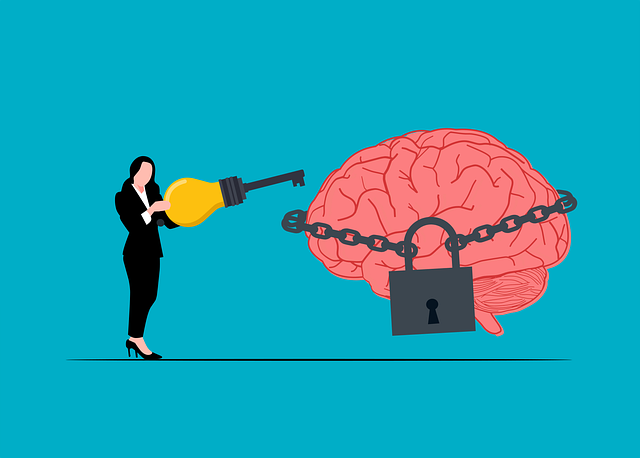
However, the downside is evident. Excessive use of social media apps can lead to addictive behaviors, and youth may develop a dependency on constantly checking social media for validation. This behavior can contribute to lower self-esteem, especially when users compare their lives to idealized images online.
Another major concern is how these platforms can fuel mental health problems like eating disorders, anxiety, and poor sleep quality. The addictive nature of social media makes it challenging for users, particularly teens, to disconnect. Negative aspects of social media, such as cyberbullying and spreading hurtful rumors, can leave lasting emotional scars, with some users suffering from long-term impacts on their psychological well-being.
Key Statistics: How Social Media Affects Mental Health
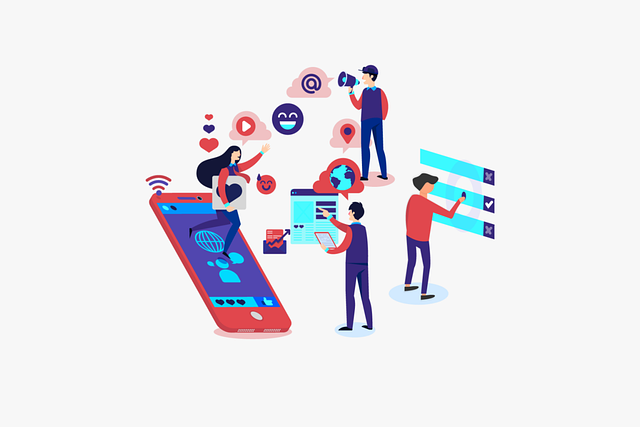
- 70% of teenagers actively use social media platforms daily, with a significant portion spending over three hours on these apps. This high level of engagement on teen’s social media raises concerns about the potential development of mental health conditions like anxiety and depression. The time spent on these platforms can affect both physical and mental well-being, leading to a greater need for intervention.
- 35% of teens have reported experiencing cyberbullying at least once, especially on social media platforms like the one formerly known as Twitter. This statistic highlights the urgent need for teens to report cyberbullying and for platforms to implement stricter regulations to protect users from harmful interactions.
- A 2019 study found that teens who spend more than 5 hours daily on social media have a 50% higher risk of developing symptoms of depression. This correlation between excessive teen’s social media usage and mental health conditions underlines the importance of moderation and balance.
- 75% of teens who practiced mindfulness reported improvements in managing stress and anxiety related to social media. The growing recognition of practicing mindfulness offers a tangible solution to the mental health challenges that come with frequent social media use.
- In a survey, 47% of parents indicated that they worry about the long-term mental health effects of social media on their children. This concern is particularly tied to the risk of mental health conditions developing due to the constant pressure to stay connected on social media.
- 55% of teens have said that social media makes them feel more connected to their friends, while 45% say it sometimes leads to feeling left out. This split demonstrates the complexity of teen’s social media experiences—highlighting the need for further research into how online interactions impact mental health.
- Pew Research Center found that 70% of teenagers access social media daily, with many spending hours on these platforms.
- A recent research study discovered that over 40% of adolescents report mental health issues tied to social media usage.
- Medical Internet Research indicated that teens who use social media excessively are at a 50% higher risk of developing anxiety and depression.
- Surgeon General’s advisory warns that over 35% of teenagers experience lower self-esteem due to online comparisons.
- Studies have shown that poor sleep quality is linked to the time spent on social media, with users who spend more than three hours online per day more likely to suffer from sleep disturbances.
- Systematic reviews demonstrate that 60% of young people report feeling social anxiety triggered by interactions on social media platforms.
These statistics provide a data-driven perspective, reinforcing how social media affects mental health across different age groups.
How Social Media Apps Impact Adolescents and Young Adults
Adolescent health is particularly vulnerable to the consequences of social media. Studies have noted that the brain’s reward center becomes overstimulated through social media, triggering anxiety in many users. The desire for likes, shares, and comments is deeply tied to dopamine release, making social media habits hard to break.
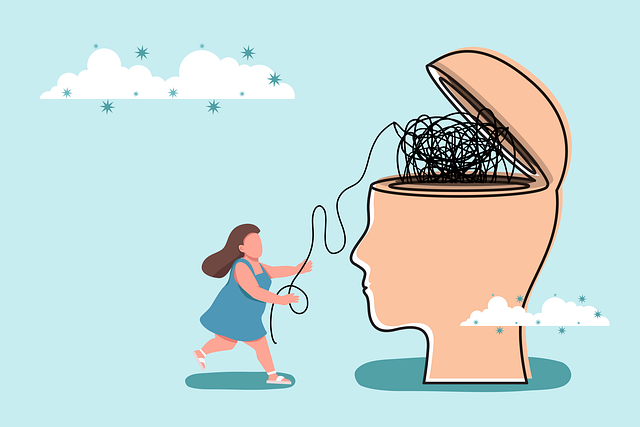
Moreover, youth mental health is often impacted by body image concerns driven by the curated content on platforms. For example, young people who spend excessive time on social media are more likely to experience poor mental health conditions such as eating disorders. The pressure to maintain a perfect physical appearance often leads to low self-esteem, which in turn affects their psychological well-being.
Mental Health
Myth 1: Social Media Use Always Leads to Social Isolation
One of the most widespread myths is that social media usage inherently results in fewer friends and social isolation. While excessive social media use can lead to less time spent with offline friends, a systematic review shows that this is not universally the case.
Many teens and young adults use social platforms to maintain and even build meaningful connections, often increasing feelings of belonging. Social media apps can provide a valuable source of social support, especially for those who may have limited face-to-face interactions.
Myth 2: Checking Social Media Constantly Means You Have Social Media Addiction
Another common misconception is that people who constantly check social media are automatically suffering from social media addiction. While it’s true that compulsive use of social media apps can trigger anxiety and impact mental health, not everyone who checks their phone frequently is addicted.
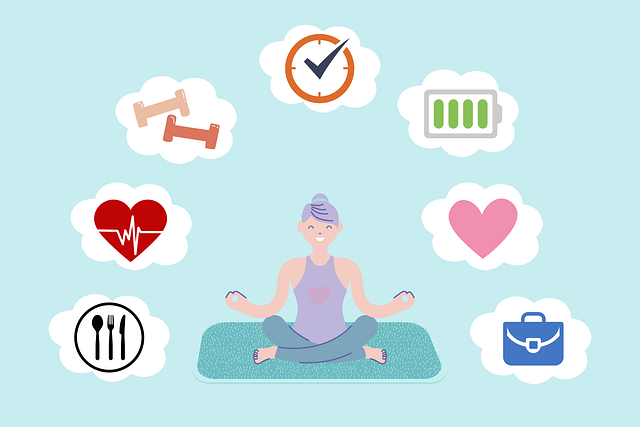
A deeper understanding of human behavior reveals that some individuals use social media as a tool for communication, information, or even mindfulness. It’s crucial to distinguish between heavy social media use and actual addiction, which involves loss of control and harmful consequences on daily life and mental health.
Myth 3: Social Media Is Responsible for Increasing Rates of Depression and Self-Harm
While there are concerns about how social media affects mental health, it’s misleading to say that social media alone is responsible for the rise in depressive symptoms and self-harm among teens. Public health experts acknowledge that negative posts and online abuse can fuel anxiety, but there are many other aspects to consider.
Factors like family dynamics, offline stressors, and pre-existing mental health conditions play significant roles. Social media platforms can also offer spaces for emotional support and coping mechanisms that help improve life satisfaction, rather than solely being a cause of harm.
Ethical Considerations per Pew Research Center
The growing awareness of how social media affects mental health also raises several ethical questions:
- Data Privacy: Social media platforms collect and monetize user data, which raises ethical concerns about how this data is used and whether users, especially minors, are adequately protected.
- For: Platforms argue that data collection helps enhance user experience.
- Against: Critics claim it exploits users, particularly young and vulnerable ones, by targeting them with harmful content.
- Content Moderation: Should platforms be more aggressive in moderating harmful content, such as online abuse and cyberbullying, that may trigger mental health problems?
- For: More robust content moderation would protect users from emotional harm.
- Against: Over-moderation may infringe on free expression, creating a dilemma about where to draw the line.
- Addictive Design: Many social media apps are intentionally designed to keep users engaged. Is it ethical to create platforms that exploit psychological vulnerabilities?
- For: Companies argue that keeping users engaged is essential for business.
- Against: This behavior could be likened to manipulative practices that harm mental health by fueling addiction.
Positive Effects of Social Media: A Balanced Perspective
Though there are concerns, it’s important to acknowledge that social media platforms also offer potential benefits for mental health. Online communities can provide emotional support, allowing individuals with mental health conditions to connect with others facing similar issues.
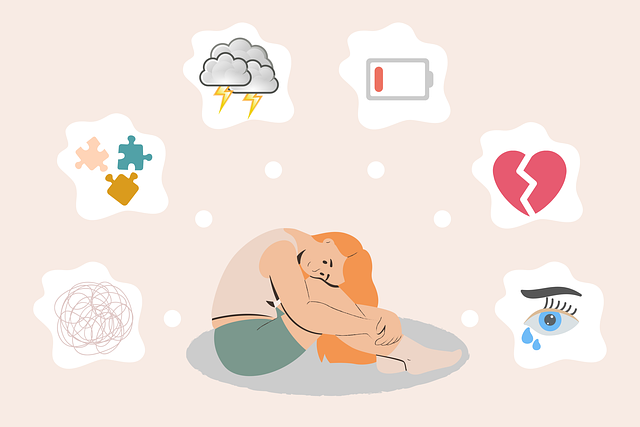
Social media platforms can offer a space for self-expression, increasing subjective well-being and fostering a sense of belonging.
Moreover, teens can gain access to resources and support networks, such as those discussing mental health awareness, social justice, or personal development.
These connections can encourage personal growth and help users feel less isolated. Additionally, social media can facilitate communication with family members who live far away, thereby increasing feelings of connection and emotional security.
Thought-Provoking Questions
Here are some questions to challenge your thinking on how social media affects mental health:
- Does the way social media promotes perfectionism contribute to more mental health concerns among young people?
- Can social media platforms do more to prevent online abuse, or is it an unavoidable aspect of the digital space?
- Is it possible to maintain good mental health while actively engaging with social media daily?
- How does social media’s addictive nature compare to other forms of addiction, such as gambling or substance abuse?
- Should parents closely monitor their child’s social media, or does that infringe on the child’s privacy?
- Is the rise of social media contributing to a decline in offline friends and face-to-face social skills among adolescents?
- How do different personality traits influence how social media affects mental health?
Pros and Cons of Practicing Mindfulness to Manage Social Media Use
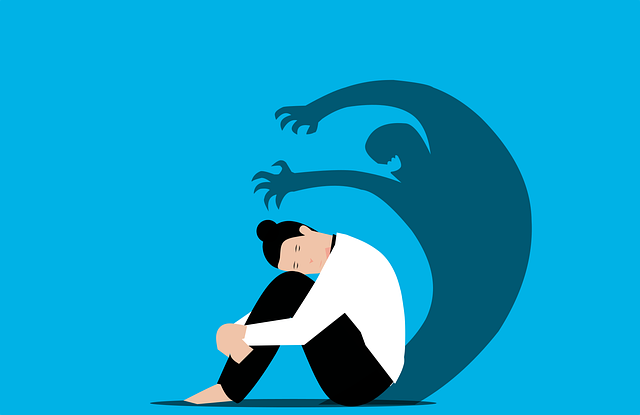
Pros:
- Helps manage social media addiction by encouraging users to consciously regulate their social media habits.
- Reduces anxiety as mindfulness practices can decrease the urge to constantly check social media, providing more mental clarity.
- Improves life satisfaction by promoting a balanced approach to online interactions, leading to more fulfilling offline experiences.
- Raises awareness of negative posts or triggers, allowing users to limit exposure to harmful content that could impact mental health.
- Encourages better social support from offline activities and face-to-face interactions, fostering deeper emotional connections.
Cons:
- Difficult to maintain consistency, especially for teens deeply ingrained in their social media habits, making mindfulness harder to practice.
- Might not address deeper mental health conditions like depression or self-esteem issues that are exacerbated by social media usage.
- May feel isolating for those who rely on social media for emotional support or as their primary means of communication with friends and family.
- Time-consuming, as mindfulness practices require regular effort and may not produce immediate results in reducing social media use.
- Less effective for addressing cyberbullying or harmful online interactions, as mindfulness alone cannot prevent external negative influences.
Expert Comments
Dr. Emily Saunders, a renowned psychologist specializing in adolescent mental health, shares her thoughts on the impact of social media on youth well-being:
“Social media has created both opportunities and challenges for teenagers navigating their formative years. On one hand, it can raise awareness about important mental health conditions and provide teens with resources to improve their well-being. However, excessive engagement, particularly with platforms like the one formerly known as Twitter, can end up fueling anxiety rather than fostering connection.
To combat this, it’s essential to encourage teens to report cyberbullying and focus on incorporating positive offline habits, such as regular family activities. By promoting strategies like practicing mindfulness, we can help young people balance their online interactions with healthier routines that increase feelings of self-worth and lead to better lives overall. This can make social media more fun and constructive, rather than a source of stress.”

Dr. Jonathan Wells, a leading expert in adolescent mental health and social behavior, weighs in on the growing concern around social media:
“Social media platforms have a profound impact on mental health, particularly for teens. The addictive nature of constantly checking social media can trigger anxiety and depressive symptoms, especially when users engage in negative comparisons around body image or life satisfaction. To combat these effects, it’s crucial to raise awareness and encourage practices like mindfulness, which can help mitigate the mental health problems often associated with excessive social media usage.
Additionally, platforms like the one formerly known as Twitter must do more to combat online abuse and create safer digital environments for young users. Balancing online interactions with meaningful family activities and emotional support systems is essential for maintaining a positive mental health condition.”
Future Implications
Looking ahead, the relationship between social media and mental health conditions will likely become a more pressing global concern. As platforms evolve, including the one formerly known as Twitter, social media use is expected to continue growing, raising new challenges for mental health professionals and policymakers.
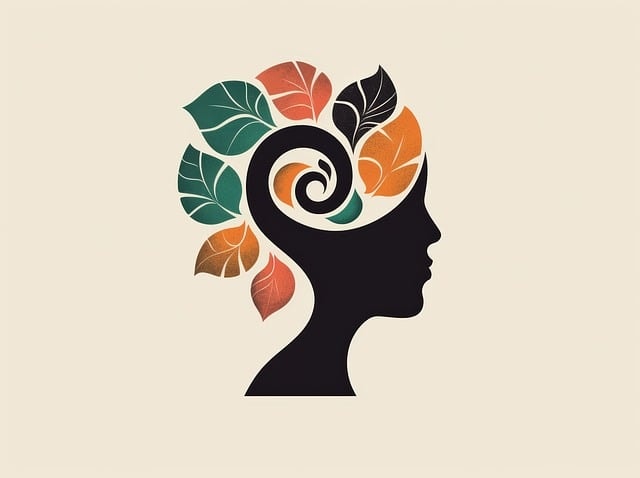
Increased efforts to practice mindfulness and promote digital well-being could become central to addressing the mental health risks posed by excessive social media use.
We may also see a rise in technology-driven solutions, such as AI moderation tools and mental health apps, aimed at minimizing harmful interactions and offering support for those with mental health conditions. However, as these platforms innovate, they may also deepen issues related to social comparison, online abuse, and digital addiction. Future research will need to focus on striking a balance between technology’s benefits and its potential to exacerbate mental health struggles.
Conclusion: Navigating the Effects of Social Media
Understanding how social media affects mental health requires an awareness of both its negative aspects and its potential for positive impact. It’s clear that excessive social media usage can lead to poor mental health outcomes, such as anxiety, low self-esteem, and even eating disorders. At the same time, social media also offers avenues for emotional support, self-expression, and community-building, which can enhance psychological well-being.
As users, practicing mindfulness and balancing social media habits is key to avoiding the negative effects and fostering a healthier relationship with these platforms. Future research should continue to explore how we can mitigate the harm while maximizing the benefits for users across all age groups.
By raising awareness of these issues, we can promote healthier, more balanced interactions with social media, ensuring it remains a tool for bettering lives rather than contributing to mental health concerns.
FAQ
How does social media affect people’s mental health?
Social media affects mental health by contributing to poor mental health conditions, including anxiety and depression, particularly among teens. Excessive use of social media platforms can exacerbate mental health issues, including self-esteem concerns, depressive symptoms, and social isolation.
Is social media a cause of depression?
Excessive social media use can contribute to depression, particularly in youth. A systematic review shows that poor mental health, including depressive symptoms, can arise from constant comparisons, online abuse, and the addictive nature of social media platforms.
How does social media cause anxiety?
Social media apps can trigger anxiety by creating pressure for constant self-expression and validation. Youth mental health is affected as the addictive nature of these platforms leads users to constantly check social media, which can increase anxiety levels for mental health condition.
What are the effects of social media addiction?
Social media addiction can result in poor mental health, including self-esteem issues, depression, and anxiety. It affects mental health by leading to obsessive social media habits, damaging interpersonal relationships, and reducing overall emotional support.
What are 10 negative impacts of social media?
- Poor mental health
- Depression
- Anxiety
- Body image issues
- Self-esteem loss
- Addictive nature
- Social isolation
- Online abuse
- Cyberbullying
- Sleep disruption
How does social media affect the brain?
Social media affects the brain by overstimulating the brain’s reward center, increasing dopamine levels, and contributing to addictive behavior. This excessive use impacts memory, decision-making, and emotional regulation, often resulting in mental health problems.
How harmful is social media?
Social media can be harmful to mental health, contributing to anxiety, depression, and social isolation. Future research continues to explore its negative effects, particularly the addictive nature of social media usage and its impact on youth mental health.
How does the internet affect mental health?
The internet, including social media platforms, impacts mental health by fostering anxiety, depression, and social comparison. Constant exposure to negative content and online abuse exacerbates mental health problems, particularly among adolescents.
How can social media cause loneliness?
While social media use connects people, it can increase feelings of loneliness. Constant comparisons, lack of real emotional support, and reliance on social media habits lead users to feel disconnected from offline relationships, especially with excessive use.
Does social media affect mental health essay?
Writing a mental health essay on how social media affects mental health explores the addictive nature, emotional toll, and poor mental health consequences of excessive social media usage on users, particularly focusing on youth mental health.
How does social media cause negative emotions?
Negative emotions arise from social media usage through social comparison, body image concerns, and online abuse. Users constantly checking social media experience lower self-esteem, and negative posts contribute to feelings of anger, sadness, and anxiety.
How does technology affect mental health?
Technology, particularly social media platforms, affects mental health by contributing to stress, anxiety, and depressive symptoms. Excessive use of devices isolates users from emotional support, causing mental health problems.
Why is social media bad for teens?
Social media is particularly harmful to teens as it affects adolescent health, leading to low self-esteem, anxiety, and mental health conditions. Constant comparisons and the pressure of online validation often harm youth mental health.
Why social media is so addictive?
The addictive nature of social media is due to its design, which triggers the brain’s reward system. Features like likes, comments, and notifications encourage users to constantly check social media, making it difficult to disengage.
How to avoid social media?
To reduce social media usage, practice mindfulness, set time limits on apps, and replace social media with offline activities like family activities. Establish a routine that minimizes time spent on social media apps to protect your mental health, e.g., on formerly Twitter.
